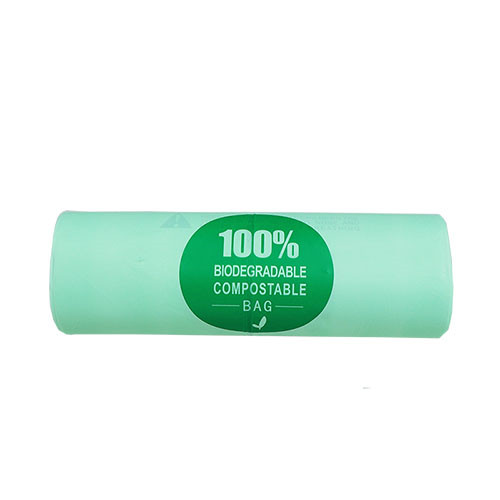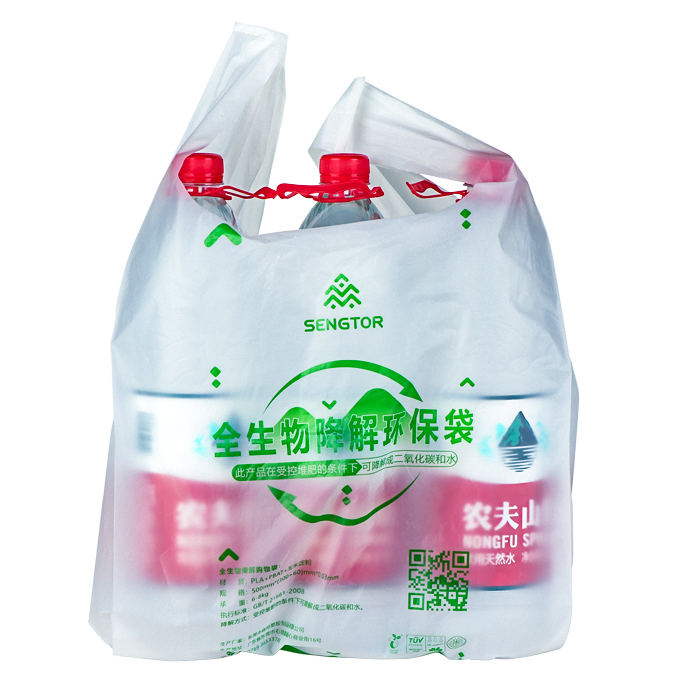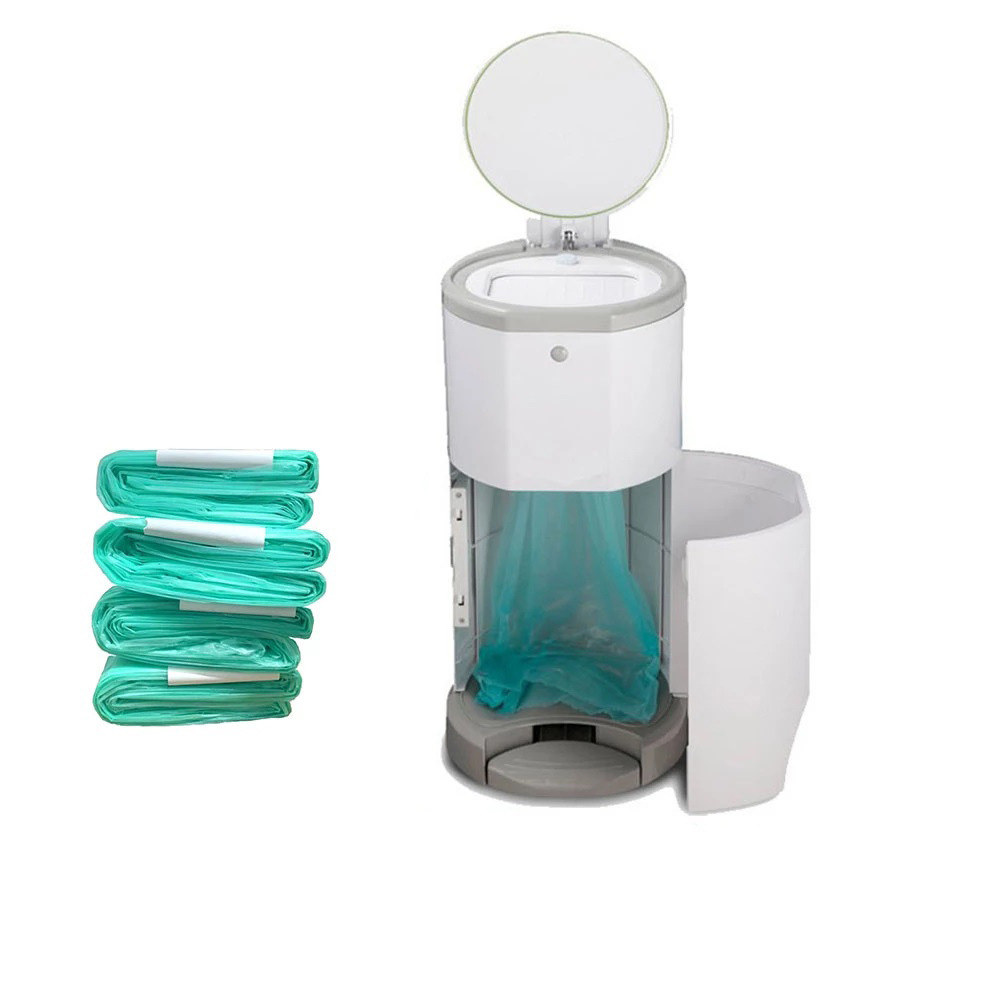Company News
Biodegradable bags have been marketed as a solution to the environmental problems caused by single-use plastic bags. However, whether these bags are truly beneficial to the environment is a complex issue that requires careful consideration.On the one hand, biodegradable bags are made from plant-based materials that can decompose naturally. This means that, unlike plastic bags, they do not linger in the environment for hundreds of years. Biodegradable bags are also less likely to cause harm to wildlife and marine life due to the fact that they can decompose in soil or water.

However, it is important to note that biodegradable bags are not a perfect solution. First and foremost, they still contribute to waste and pollution. Even though biodegradable bags decompose faster than plastic bags, they still take time to break down and can release harmful chemicals into the environment during the process.
Furthermore, the production of biodegradable bags requires land, water, and energy resources, which have their own environmental impacts. Additionally, biodegradable bags cannot be recycled in the same way as plastic bags, which means that they cannot be repurposed into other products. This means that the biodegradable bags end up in landfills or incinerated, which still leads to pollution and climate change.
Another issue with biodegradable bags is the lack of standardized criteria for what qualifies as “biodegradable”. Without consistent regulations or labels to guide consumers, biodegradable bags can be misleadingly marketed, and many bags labeled as “biodegradable” do not actually break down as quickly or completely as advertised.
In conclusion, biodegradable bags are not a perfect solution to environmental problems caused by single-use plastic bags. They provide some benefits over traditional plastic bags, such as a shorter decomposition period and less damage to wildlife. However, they still contribute to waste and pollution, require resources to produce, and are not easily recyclable. Consumers must understand the limitations of biodegradable bags and consider all options when choosing environmentally friendly alternatives. Ultimately, reducing the use of all disposable bags, and reusing or recycling existing bags, is the most effective way to address the environmental impact of single-use plastic bags.





